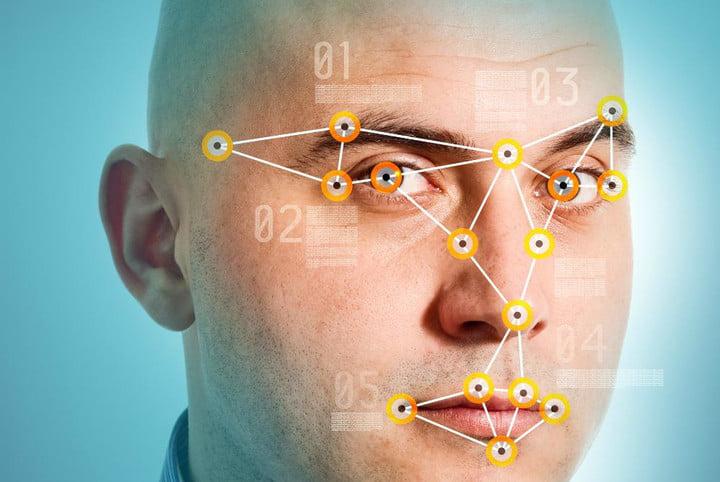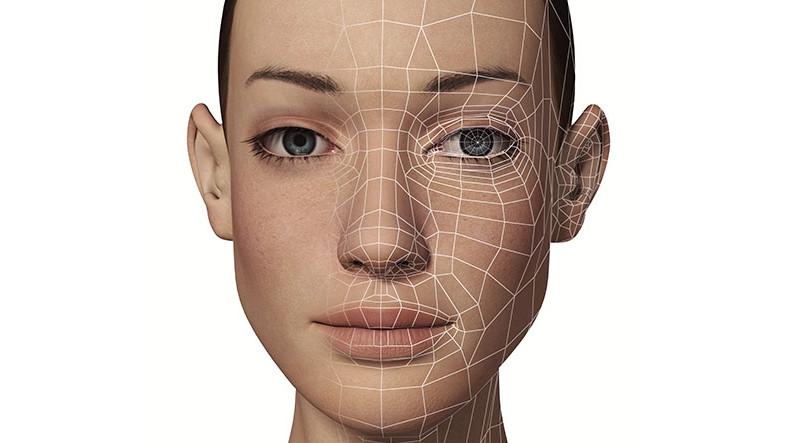Facial scanning technology that uses artificial intelligence helps doctors with genetic diseases.
Artificial intelligence is entering our lives more and more every day. Conspiracy theories about artificial intelligence are being produced. It continues to be develop to help people.
The facial recognition system can help you unlock your phone. In addition, it can play a more important role in people’s lives by identifying whether people have rare genetic diseases. Deepgestalt helps doctors with an artificial intelligence and genetic disease developed by the Boston-based technology firm FDNA.

The algorithm was used by specialist geneticists who are located in 2000 sites in 130 countries. The algorithm performed better than clinicians in identifying diseases. In a new study published in the journal Nature Medicine, researchers proved it.
17 thousand children participated in the study. Artificial intelligence was able to distinguish between diseases with a rate of 64%. It is far from perfect. It is compared with clinicians who can make a right discrimination. 20% is much better.
Yaron Gurovich, chief of technology at FDNA said “Deepgestalt is a facial image analysis system that can identify 100 genetic disease. This is a kind of artificial intelligence that can efficiently learn the relevant visual appearance of genetic conditions. A system based on machine learning tools, called deep learning.”

To create their systems, researchers first used the appropriate facial data on the Internet. They used the system called transfer learning. They taught its to stop in genetic diseases. Gurvich said “This step was like teaching a person a new topic. You lay the foundation, it becomes easier to learn detail topics.”
The artificial intelligence of FDNA is currently being used by clinicians on the platform they call Face2Gene. The doctors are uploading photos of their patients here. Face2Gene’s narrows the list of possible illnesses. And the rest remains with the doctor. It is estimated that 70% of clinical genetics use this platform.

No Comments!